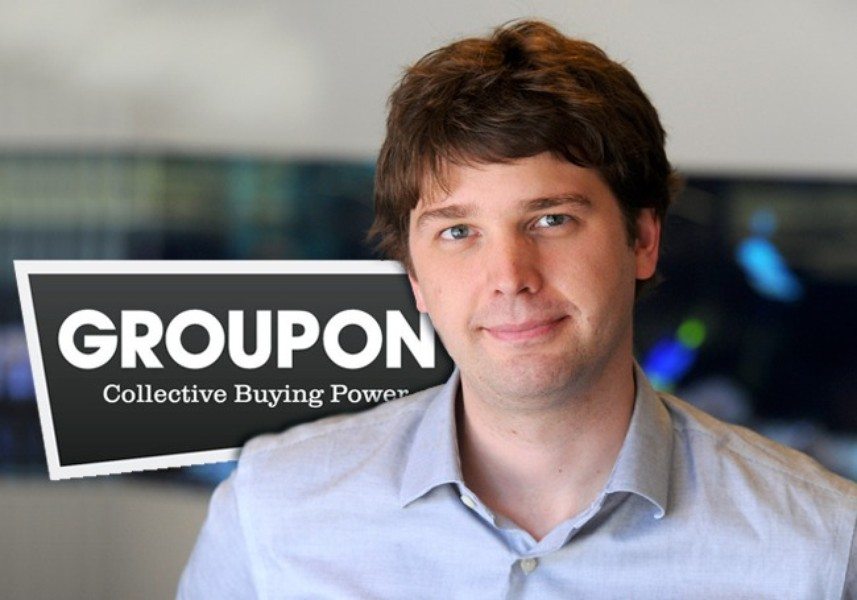Background:
Andrew was born on October 22, 1980 in Pittsburgh, PA. From a young age of 15, Mason had an entrepreneurial spirit as he started a weekend bagel-delivery service called Bagel Express.

Later on in his life in 2003, Mason graduated from Northwestern University with a bachelor’s degree in music. Finding no work in that field, he took a job as a software developer at InnerWorkings, Inc., and met the company’s founder, Eric Lefkofsky.
Then in 2006, Mason earned a scholarship to attend the University of Chicago’s Harris School of Public Policy after creating Policy Tree, a visualization tool for policy debates.
The Beginning of Groupon:
Also in 2006, Mason created The Point which was an Internet-based program designed to organize grassroots action for a given cause.
In 2007 Mason searched for a way to make a profit from The Point by exploring the concept of collective buying. In 2008 he founded and opened Groupon with Lefkofsky and Mason became the company’s chief executive officer.
By negotiating deep discounts on vendors’ products and services, Groupon tried to link vendors with new customers through its signature “deal of the day” for a spotlighted product or service. Groupon profited from each sale by receiving up to 50 percent of the retail value of the product or service.
By 2012 Groupon had grown from a few dozen workers to over 12,000, and it was operating in more than 150 U.S. cities and more than 40 countries.
Groupon’s Success and Downfall:
In June 2011 Mason announced his plan to take the company public. In November the initial public offering allowed Groupon to raise $700 million, which raised Mason’s net worth to $1 billion and increased Groupon’s value to $12.7 billion. By August 2012, however, Groupon’s stock had plummeted 75 percent, and in February 2013 Mason was “forced” out of the CEO position.
Even though the company eventually failed, Mason still had a big success in this company and made a lot of money in the process. Before Groupon’s downfall, Google offered to buy the company for $6 billion, but Mason wanted the company to go public and he wanted to hold onto his creation. He wasn’t affraid of failure which is key to entrepreneurship.


It is unfortunate that Andrew Mason was forced out of the CEO job, but it is understandable if the company lost 75% of its value. What I do like about Mason is that he was not afraid of failure despite there being so much at risk. Maybe he could have thought it through a bit more that his decisions affected his investors too, but nonetheless, that mentality is amazing to have as an entrepreneur because really cool things can happen as a result.
Andrew Mason took a great idea and never looked back. It is an interesting ending though, as he fell with the company he was so confident in. It is almost poetic.